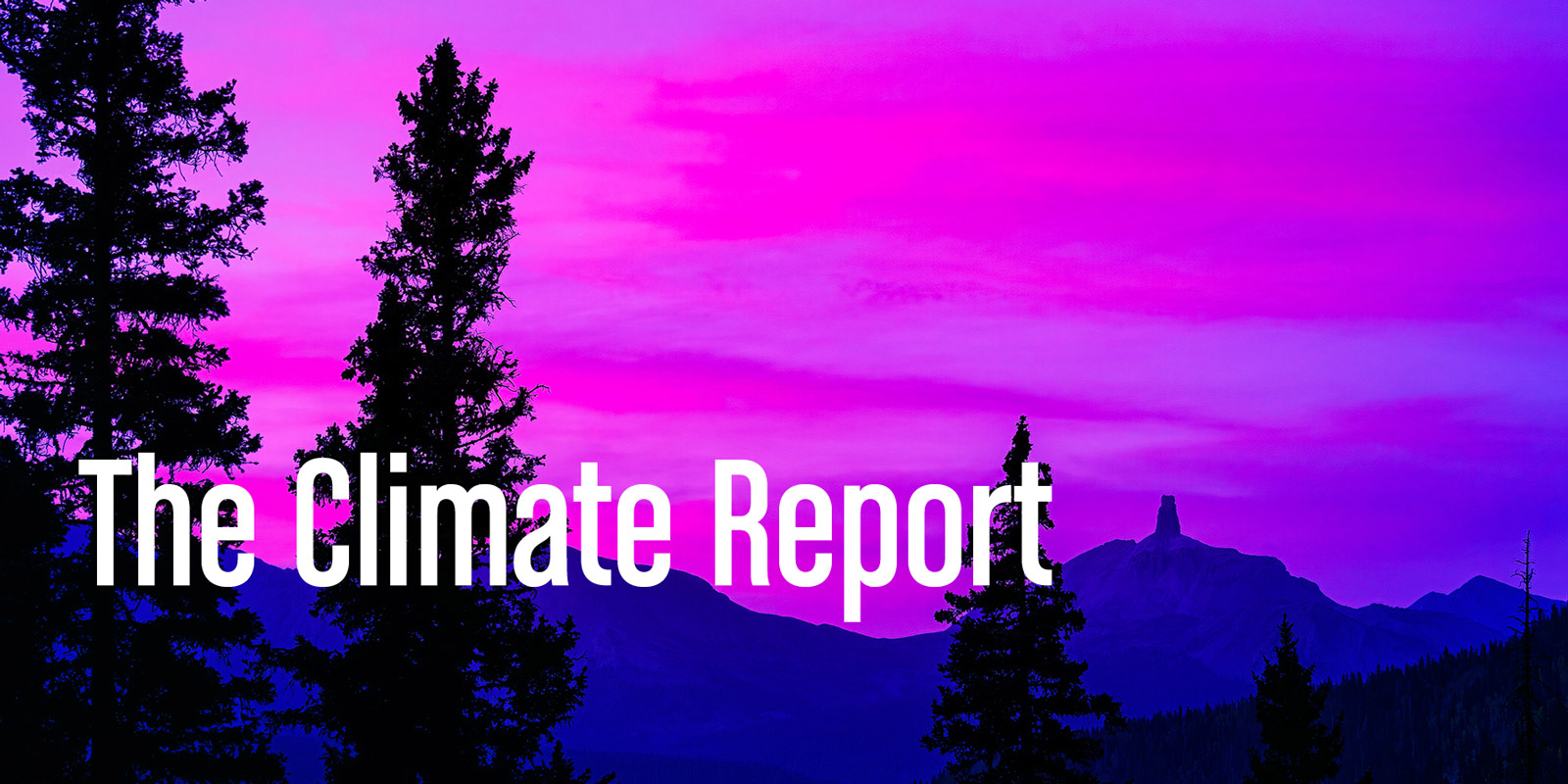
Youth Climate Litigants See Success in One State, Dismissal in Another
On December 18, 2024, the Montana Supreme Court ruled in the case of Held v. Montana, finding that the Montana Environmental Policy Act ("MEPA") violated the state's constitution. In the midst of great change to the federal energy and environmental policy landscape, the landmark Held ruling established a potential blueprint for youth climate litigation success at the state level. However, just three months later, the nearby Utah Supreme Court dismissed a case that was, in many ways, a protégé of Held.
The litigation in question was Natalie R. v. State of Utah, a case filed by seven youth plaintiffs on March 15, 2022. In their complaint, the plaintiffs accused the State of Utah, Governor Spencer Cox, and others involved in developing the state's energy policy of "maximizing, promoting, and systematically authorizing fossil fuel development in the state as a matter of official state policy, codified in statute." Plaintiffs argued that, through its fossil fuel development policy, the Utah government knowingly contributed to the serious degradation of Utah's air quality and the advancement of climate change. Plaintiffs accused the defendants of "affirmatively harming the health and safety of Utah's youth and substantially reducing their lifespans, violating their rights under Utah's constitution, and necessitating judicial relief." Specifically, the complaint alleged violations of the young people's substantive due process rights to life and liberty, both rooted in Article 1 of Utah's constitution.
While Held found success before Montana's highest court, Natalie R. was unable to replicate those results in Utah. The case was dismissed from the district court on November 9, 2022, where Judge Robert Faust ultimately found the plaintiffs' claims to be precluded for three reasons. First, the political questions doctrine prevented the court from dictating climate change policy. Second, the relief that plaintiffs sought would not be able to redress their harms. Finally, the judge said that the district court should not extend the substantive due process doctrine to the new area of environmental issues.
Three years later, on March 20, 2025, the Utah Supreme Court affirmed dismissal based on a lack of subject matter jurisdiction. The court held, first, that relief was not likely to redress the injuries claimed; and second, that the claims themselves were not supported by a concrete set of facts. However, the court did leave the door open for future litigation by determining that the district court "should have dismissed the complaint without prejudice," thereby providing the youth plaintiffs an opportunity to amend and resubmit.
Held and Natalie R. are similar cases in a number of ways. The complaints discuss common themes, highlight the particular concerns of children facing climate change, and focus on the impacts that state policies can have over time. The similar structures can be explained, in part, by the fact that youth plaintiffs in both cases were represented by attorneys from Our Children's Trust, a non-profit focused on youth climate action that has also engaged in litigation at the federal level through cases like Juliana v. United States (certiorari denied by the U.S. Supreme Court on March 24, 2025) and Genesis B. v. EPA (Notice to Appeal dismissal filed on April 10, 2025).
However, there are also several distinctions between Held and Natalie R. For one thing, Held focused on MEPA—a specific law that prevented agencies from considering environmental factors—while Natalie R. discussed a broader set of state policies that enabled fossil fuel development. The plaintiffs in Held were also able to point to more specific constitutional text due to the differences between the Montana and Utah constitutions. While the Montana constitution specifically guarantees "the right to a clean and healthful environment," the Utah constitution only discusses conservation in the context of hunting and preservation of water resources. This set up the Utah Plaintiffs for a more difficult argument, asking the Court to find environmental protections in the more general rights to life and liberty. Furthermore, while Plaintiffs in both cases sought declaratory relief, the Plaintiffs in Held also requested an injunction; a more direct form of relief that may have avoided some of the subject matter jurisdiction pitfalls that led to Natalie R.'s dismissal.
Given the differing outcomes of Natalie R. and Held, it seems likely that future youth plaintiffs in the United States will focus their attention on targeting more specific laws, to the extent possible, rather than challenging state environmental programs more generally. It also seems likely that litigants will seek to file in states—such as New York and Pennsylvania—where the constitutions make direct reference to environmental rights. But the ultimate success of potential future claims across disparate states remains to be seen.



